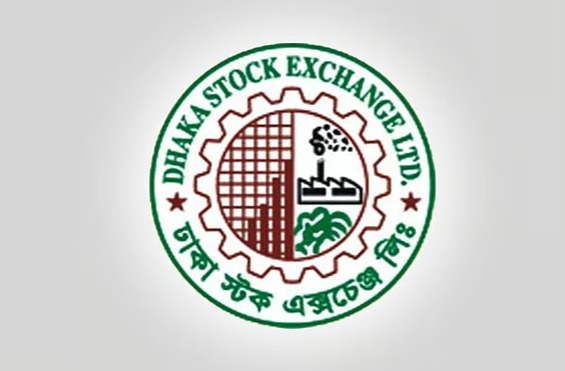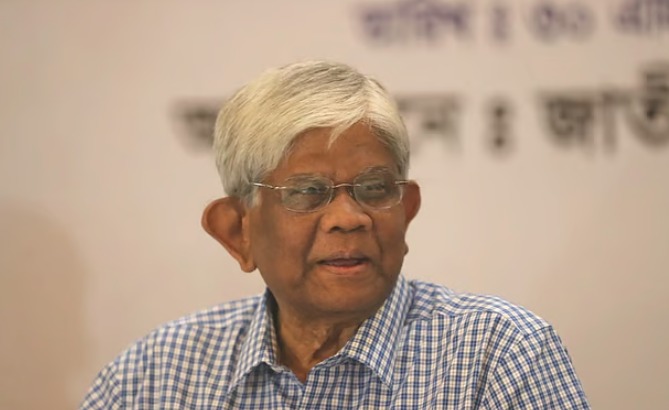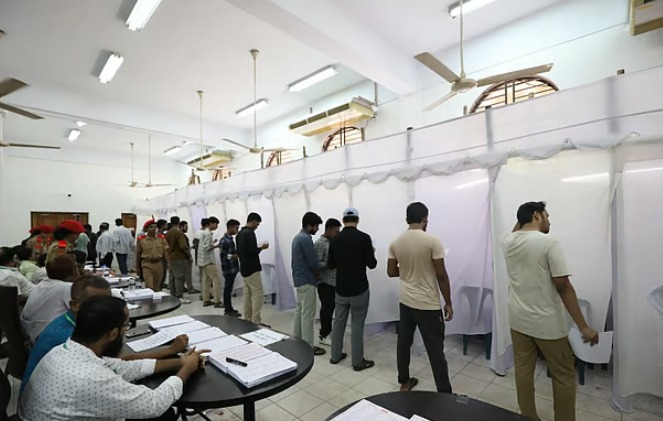Desk Report,
DBA demands re-evaluation of demutualization program
The DSE Brokers Association of Bangladesh (DBA), an organization of brokerage house owners of the Dhaka Stock Exchange (DSE), has demanded a re-evaluation of the demutualization program. The organization sent a letter to Anisuzzaman Chowdhury, Special Assistant to the Chief Advisor and Chairman of the Capital Market Development Committee, on Thursday. Copies of the letter have also been given to Khandaker Rashed Maksud, Chairman of the capital market regulator Bangladesh Securities and Exchange Commission (BSEC), and Mominul Islam, Chairman of the DSE. The letter, signed by DBA President Saiful Islam, said that under the current rules of the DSE demutualization program, the DSE board of directors has 13 members. Among them, there is a provision to nominate seven independent directors, four DSE shareholder directors, one strategic investment director and one managing director ex-officio. The existing rules provide for the DSE board chairman to be nominated from only seven independent directors. However, the DBA has termed this as an imbalance in the board formation.
DBA demands re-evaluation of demutualization program
The organization said that due to this imbalance, independent directors, including the DSE chairman, have been appointed in the past based on political considerations. Many of them have come from outside the capital market. Since they do not have sufficient knowledge and experience about the capital market, they have not been able to play any role in decision-making or the development of the capital market. As a result of this provision, the majority of independent directors without ownership rights have allowed them to make decisions that are against the interests of the capital market and stakeholders. As a result, market order has been destroyed. Investors have been harmed. The institutional foundation of the DSE has been weakened. If this provision is in place, such an incident may be repeated in the future in the case of political governments. For this reason, the organization is recommending the amendment of the relevant section (4.1(b)(i)).
In its recommendation, the DBA said that the DSE board of directors will have 11 members. Among them, five independent directors, four DSE shareholder directors, one strategic investment director and one managing director will be appointed ex-officio. In that case, the opportunity to become the ‘board chairman’ will be open to all other directors except the ex-officio directors. The board chairman will be elected in the first meeting after the formation of the new board.
Along with re-evaluating the demutualization program, the DBA has made two more proposals. The organization said that the Chief Regulatory Officer (CRO) of the DSE should report directly to the Managing Director (MD). Currently, the CRO reports only to the Regulatory Affairs Committee, which keeps the MD far away from regulatory matters. This leads to a lack of coordination with market participants and creates a crisis of trust. The DBA said that the MD’s active role in regulatory matters will be helpful in restoring confidence in the market.
In the second recommendation, the DBA said that the permanent organizational structure (organogram) of the DSE prescribed in the demutualization program needs to be abolished. The current structure has limited the scope for necessary changes in the management of the stock exchange. The organization believes that the power to amend the said organizational organogram should be vested only with the DSE Board. That is, the DBA has recommended that the board of directors should have full power to amend the structure if necessary.



